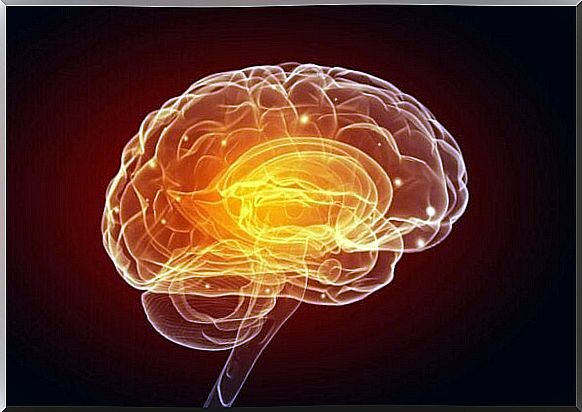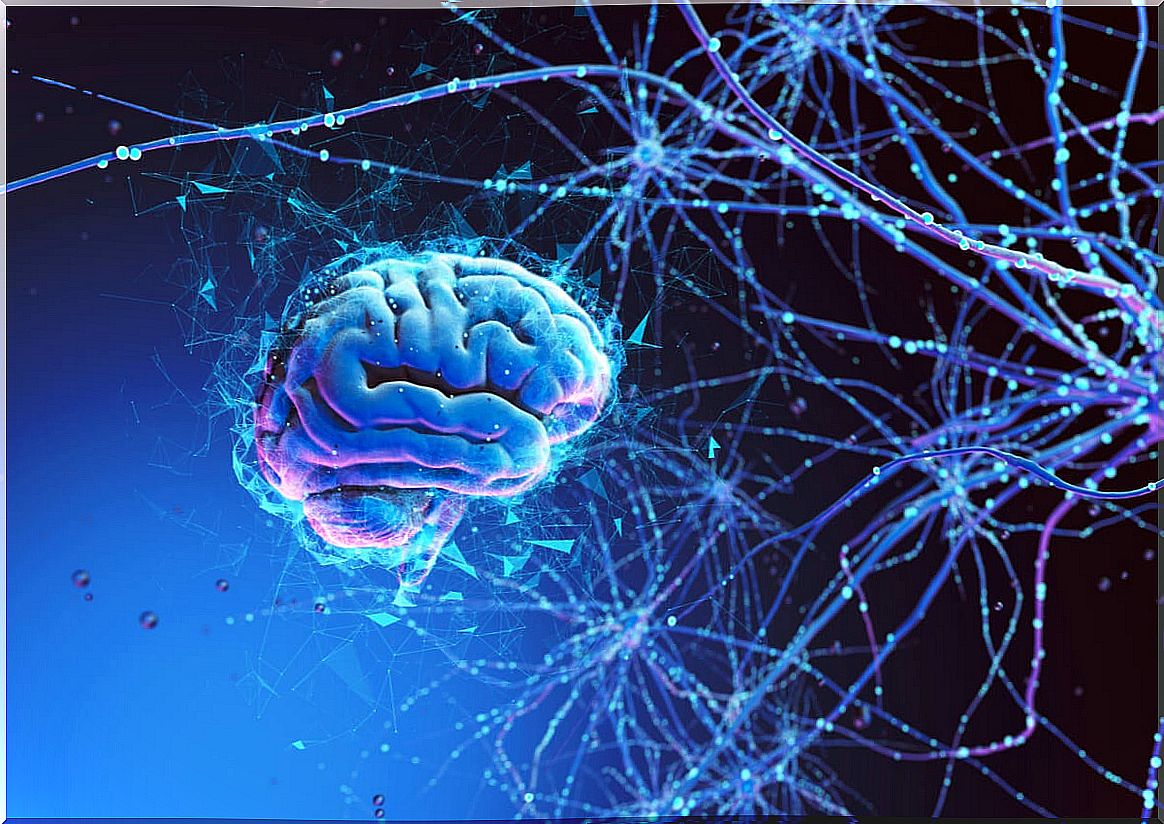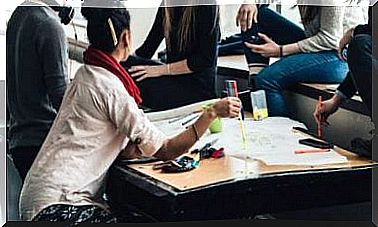Selfish And Generous Behavior Changes The Way The Brain Works

One of the study areas in neuroscience involves the changes in the brain as a function of behavior. In fact, a recent study in this regard indicates that there are differences in the way the brain works according to whether people commit a selfish or an altruistic act.
Olga del Monte and other researchers from Yale University conducted this research. It was published in the famous journal Nature Neuroscience. The research team was able to verify what changes the brain in terms of function, both when you only think about yourself and when you share with others.
This is a groundbreaking study. It was not performed with humans, but with primates. In fact, it is the first phase of research that to date has provided extremely interesting data on how the brain changes, depending on social behavior. Let’s take a look at what this interesting study tells us.

How does the way the brain works change with selfishness?
The researchers concluded that the two areas of the brain involved in selfish or altruistic behavior are the amygdala and the prefrontal cortex. Both of these areas, among others, interact with each other when it comes to social behavior.
There is already evidence that these two brain regions are associated with social cognition. In this case, the researchers looked for a way to see how they operated in specific cases that involved selfishness or generosity. More specifically, they wanted to observe how the brain changes when making prosocial or antisocial decisions.
In the long run, the goal of the research, which has not yet been completed, is to understand the mechanisms involved in disorders such as autism, psychopathy, etc.
Research on primates
To conduct the study, the researchers performed several experiments with monkeys. They were placed in different situations. In fact, they had to choose between drinking a juice or throwing it away, and drinking it alone or sharing it. As they performed these actions, the researcher monitored their brains for possible changes.
In terms of behavior, the primates showed that they preferred to drink the juice without sharing it with others. But when the alternative was to throw the drink away, almost everyone chose to share it with others. Meanwhile, neuroscientists were able to confirm that there were changes at the brain level, depending on each decision.
The researchers found that when there was selfish behavior, there was virtually no interaction between the amygdala and the prefrontal cortex. On the other hand, if the behavior was generous or prosocial, great synchronization was configured between these two areas of the brain. Finally, just by looking at the patterns of brain activity, the researchers already knew which behavior the monkey chose.
More complex behaviors
The data from this new study confirm that there are different changes in the brain, depending on whether selfish behavior or generous behavior is performed. The nature of these changes also shows that altruism, solidarity and cooperation are more complex and elaborate behaviors than selfish ones. This is because they involve more complex brain activity.
This again confirms approaches that have also been made from the field of psychology. They involve the idea that man is born selfish. To begin with, this behavior has nothing to do with morality. In fact, it involves the survival instinct. In other words, it is an instinctive pattern of behavior.
But with education and intellectual and social development, a person can learn to be generous, cooperative and prosocial. That is if they develop properly. However, interaction is a more complex behavior. This is because it involves the ability to see the consequences of actions in the long run. In this way, solidarity guarantees better survival for both the individual and the species.

A long-term research
Research on changes in the way the brain works caused by selfishness and altruism is just a first step in a more ambitious project. In the future, researchers want to investigate whether there are people where the interaction between the amygdala and prefrontal cortex is limited due to genetic or other reasons.
Regarding the current study, the researchers now aim to find out if it is possible to manipulate the monkeys’ decisions, by artificially promoting synchronization between the two brain areas. Eventually, these findings will be transferred to the human level. They can be an important step forward in the treatment of autism and some psychopathic disorders.









